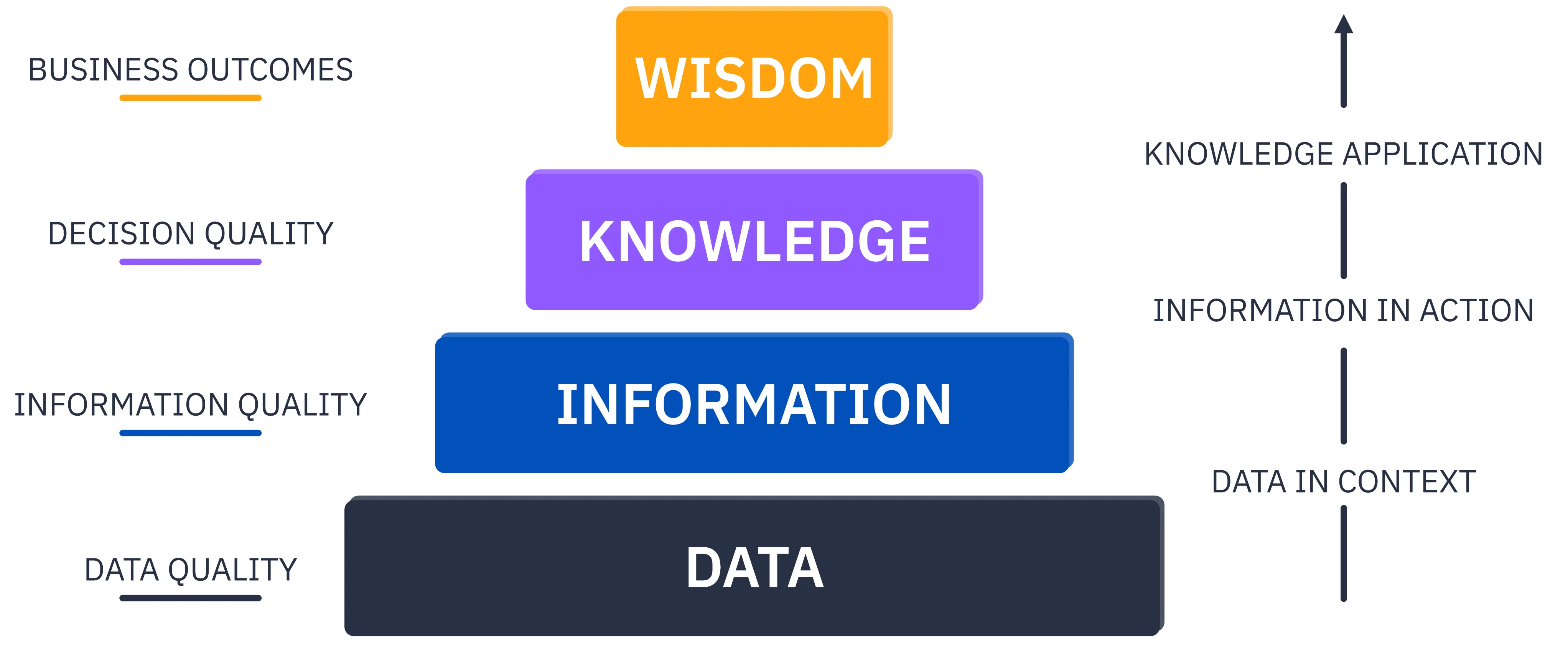Quick trip beyond data quality
Published: Apr 29th 2020 | 5 min read

Especially if the core business derives from online transactions. Applications of a data-driven approach unfold new opportunities across various disciplines, eloquently in marketing, that positively impact the company's success. All the efforts may just be vain, even counterproductive when the data is imprecise. The key can be found in data quality measurement followed by data quality management.
Today, the data revolution is encountering massive data acquisition, and repurposing to support analyses, justifying broader insights on data quality validation as a new important business component. It is impacting aspects such as regulatory compliance, customer satisfaction, and, of course, the accuracy of decision making. Warranting high-quality data is essential to achieve its true purpose.
Simply, data quality is the ability of the data to serve its intended purpose, whereas poor data quality prevents from achieving appointed goals. Obtaining such high-quality requires improving data strategy along with implementing measurements to verify its effectiveness.
Data quality characteristics
The quality is often being assessed on six core dimensions:
1. Completeness
Required data is complete and available. Completeness in the meaning for comprehensive the information is. If the data is not complete it may not be usable.
2. Uniqueness
Data is unique when there is no data duplicity in the records, as that could lead to a risk of outdated data.
3. Accuracy
Data accuracy means that the information is correct if it reflects reality. This data characteristic is crucial because when the data is not accurate it can cause dramatic problems with severe impact.
4. Consistency
Consistent data is particularly crucial when aggregating data from multiple sources, internal and external. Data consistency refers to consistency in variables and measurement, meaning the data is the same for all instances of an application.
5. Timeliness
Data needs to be up to date in order to support good business decisions. The fresher data is, the more trustworthy it is and the reactions are more relevant. Out-of-date data causes wasting money and other resources.
6. Validity
To ensure the data is compliant with policies and requirements, it needs to be valid or validated. Thus, it can be correct and accurate
It is beneficial to assess all the dimensions on all channels and from all ends to ensure the best outcome possible, which entails significant technical knowledge. And there is much more to it, than simple data to error ratio, or more difficult than just cleaning the dark data.
The most common problems in data quality
Companies often overlook data quality without even knowing the impact. However, even the small gap can disrupt the whole analysis or measurement. The errors commonly create misleading conclusions, causing troubles on all ends. Low data quality can be caused by a number of problems occurring in the process:
- Unreliable data
- Incomplete data
- Duplicated data
- Ambiguous interpretation
- Inconsistent formats
- Accessibility
- Late data entry
- Outdated information
Data as a foundation for accurate decisions
Data-driven decision making is a competitive advantage. High-quality data creates a foundation and directly impacts business outcomes. If the data is in poor quality, the decisions cannot be accurate, which influences the entire business performance and may lower the profit.

Our solutions to achieve higher data quality
Measurement Hub
One way of dealing with such problems is implementing tested and verified solution Measurement Hub. It ensures the correct measuring and validation of website data, averts errors, and missing information. Thanks to its specified configuration of a data layer above a website, the data is consistent and readable for all marketing, analytical, and communication platforms, resulting in improved data quality. Measurement Hub exploits Google Tag manager extensively by advanced settings of tags, triggers, and variables. It also provides data profiling, combining website data with data from CRM and internal systems. Consequently, the marketing approach jumps to a higher level.
Waaila Tracking Validator
In order to utilize data for analyses and subsequent activation, from analytical and marketing platforms, the initial input needs to be high-quality and correct as well as remain consistent throughout the whole process. When the data layer is programmed, it might contain many unspotted mistakes that are generating severe errors and it can be tricky to find them, especially for non-developers. With Waaila Tracking Validator, an extension for Google Chrome, the data layer is being monitored and validated semi-automatically, for syntax and semantic errors, showing inconsistencies to address the issues and solve them quickly.
Waaila App
As data is not static but rather dynamic, maintaining its quality requires continual attention, usually done manually, which turns it into a separate goal instead of means. And the time and resource savings, that initially drove the quality project, are being wasted once again. With automatization, the quality of data can be tested within minutes, even periodically on the background. Waaila web application is designed to discover web data anomalies and inconsistencies on time, which prevents possible failures, resulting in improved marketing strategies. Overall, it is much less demanding and less costly to prevent the data issues from emerging then fixing them while burning.
Conclusion
In summary, data establishes the foundation of a healthy and prosperous business. Explicitly e-commerce derives most benefits from high-quality data utilization and data quality measurement. For many companies, managing quality data may seem like an overwhelming task. It necessitates right recourses, processes and experience; accurate definition of requirements, carefully designed data architecture, sustainable administration, and reliable control systems.


